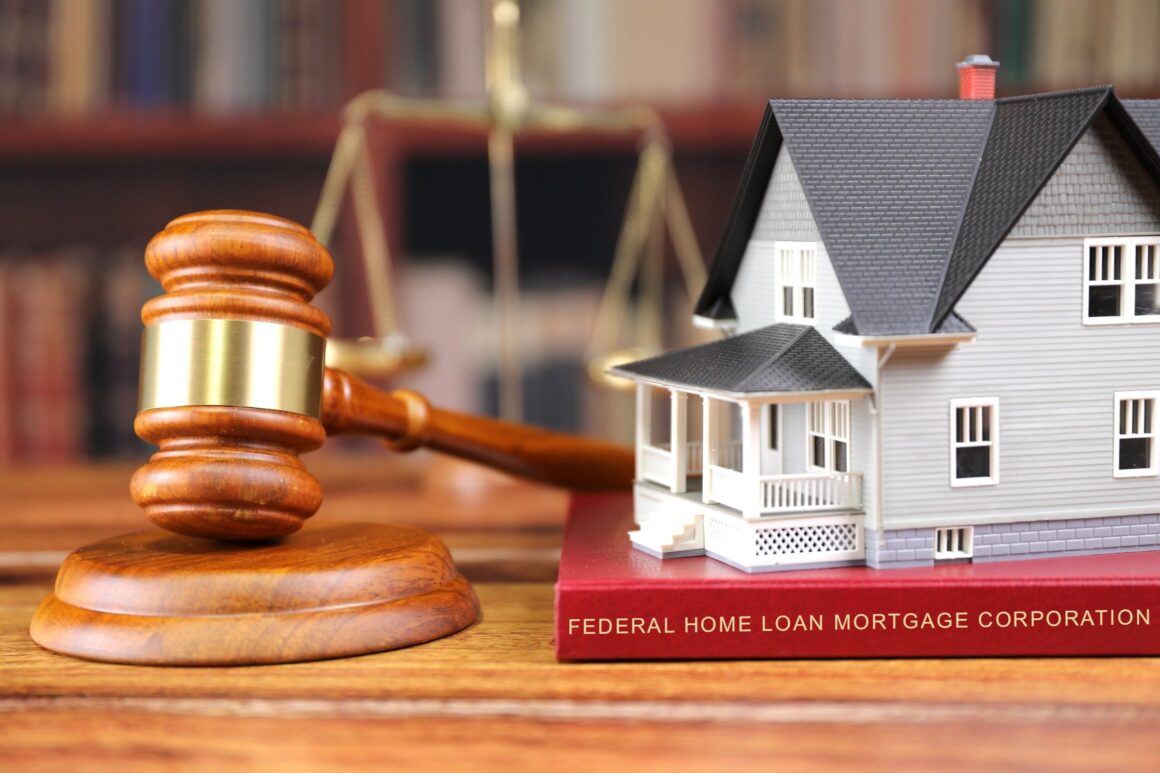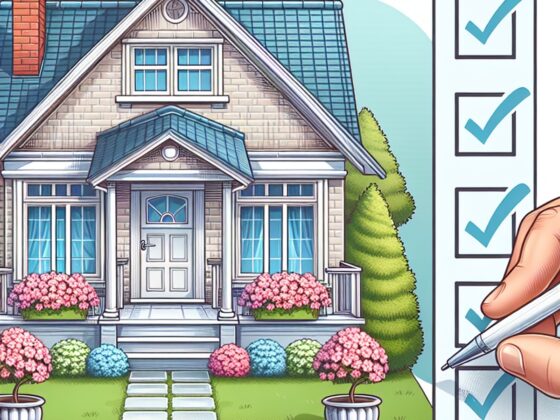Table of ContentsShow
What do Lenders Expect When You Apply?
First and foremost your lender will check your credit report; this is where things begin, and where they could end. If you plan to apply for a mortgage, check your own credit report and begin monitoring it for any potential problems. Your goal is to improve your creditworthiness so that your lender will see you as a safe risk and offer you a lower interest rate.
Make sure that your report is as accurate as possible and that no one else has access to your credit, possibly hurting your scores. Dispute any inaccuracies with all three credit bureaus to get them cleared up. Also, make sure that your credit-to-debt ratio isn’t too high.
Lenders want to see an ability to borrow and pay money, so while it’s not good to have an enormous amount of debt; it is good to have a car loan and a credit card or two so that you can show a history of creditworthiness.
How Is Your Home Loan Repaid?
Principle:
This is the original amount that you borrowed. Typically earlier in the loan’s maturity, you pay less towards the principal and more towards the interest.
Over time, as the bank recoups its investment, and its expected earnings on your loan, this shifts so that you are paying mostly principal until the loan is fully paid off.
Interest:
It’s how your lender makes its money, essentially your cost of borrowing their money. Depending on several factors, such as the amount you put down, your creditworthiness, and income stability your lender will propose a percentage rate that they feel reflects the accurate risk in lending you money.
Interest rates are also determined by the current real estate market and the Federal Reserve Bank.
Not So Hidden Costs:
Taxes:
Property taxes are paid to your county and may or may not be a part of your loan. You can choose to have what’s called an Impound Account where you pay a monthly amount towards your semiannual property taxes and your lender pays them as they are due.
Or if your lender agrees you can opt out of the Impound account and pays your property taxes on your own.
Home Owners Insurance:
Your lender will require that you obtain a Home Insurance policy to protect their investment. If you do not, they can and will purchase a policy and add the cost to your loan.
Primary Mortgage Insurance (PMI):
If you are a high-risk borrower (less than 20% down payment, or if you have a low credit score) your lender may require a Primary Mortgage Insurance policy.
This type of policy helps guarantee that the lender will get their money back if you are unable to pay for any reason. This policy protects the lender; it would not protect you if you neglect to make your payments.
Pre-Payment Penalties:
Be sure to cover this with your lender. You may want to pay more towards your principal each month so that you pay off your loan sooner and thus reduce the total interest that you’ve paid. Or you may want to refinance to take advantage of a lower interest rate. Or you may be planning to sell your home in a few years to use your equity to buy your next dream home.
These scenarios could all result in an early payoff penalty so they should be considered and discussed with your lender so that you aren’t surprised if you take advantage of any of these options.
Types of Mortgages:
30-Year Fixed:
This is the most common and popular. With this type of loan, you will pay back your lender over a 30-year period at a fixed interest rate. The best times to choose a fixed rate are when interest rates are low or on the rise.
Locking at a low rate when it’s available protects you over the term of the loan. This loan is also a good option if you are planning to stay in your home for a long time.
15-Year Fixed:
There are some significant advantages to a 15-year loan vs. a 30-year term. First, they usually carry a lower interest rate. Also, because you are paying interest over 15 years instead of 30 years the total amount that you pay in interest will be reduced.
And because you are paying more principal each month you gain equity more quickly. This is a great option if you plan to sell in 5 – 10 years, or if you just want to own your home more quickly!
Adjustable Rate Mortgages (ARM):
Interest rates for this type of loan are adjusted at predetermined intervals to reflect the current market. This can be a benefit if rates are dropping and can be challenging if they are going up.
Generally for the first three, five, or seven years the rate will stay fixed. After the predetermined fixed period expires your interest rate will be adjusted up or down on an annual basis according to the current market.
An ARM can be a good option if you are buying your home as an investment and plan to sell within a few years because the interest rate during the initial fixed period tends to be lower than the rate would have been for a 30-year fixed loan.
Bottom Line
The home loan process can be daunting but with an experienced professional at your side, it’s easily conquered. As an agent with many years of experience in real estate transactions, I have built relationships with lenders and can offer support and advice in the process.
Don’t let your fear of the unknown stop you from moving forward toward home ownership.







